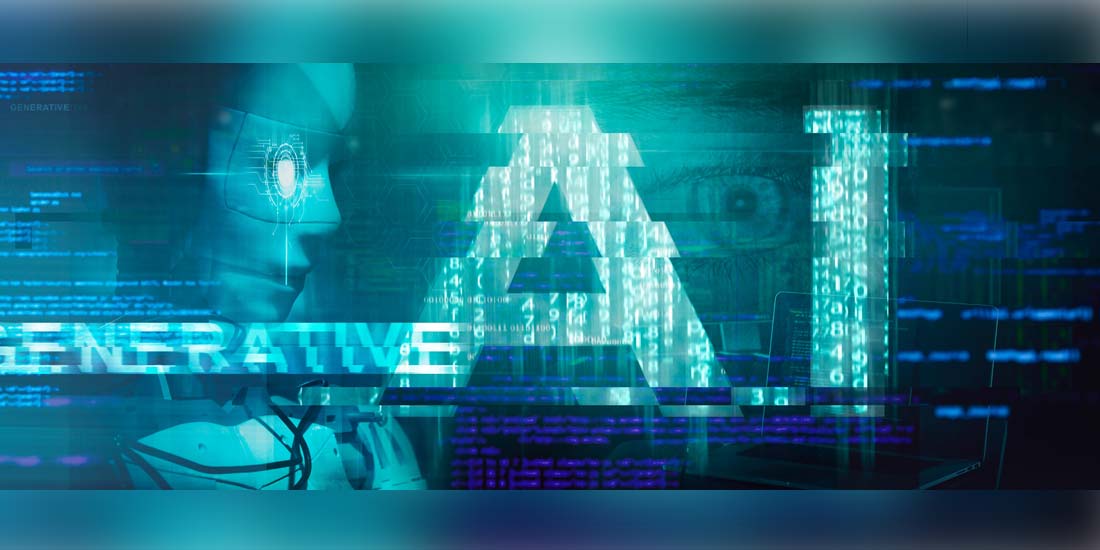
data.org announced the eight global awardees of the $10 million Inclusive Growth and Recovery Challenge. Launched in partnership with the Mastercard Center for Inclusive Growth and The Rockefeller Foundation, the Challenge will tackle society’s greatest challenges by harnessing the power of data science to help people and communities thrive.
Winning projects from around the world include the use of AI to increase credit access for female entrepreneurs, data models to track how internet connectivity disproportionately impacts low-income communities in Chicago, and an open-source quality of life map index to highlight where investment is needed most, among others.
“The Challenge was created to kickstart breakthrough data science ideas and also to provide financial support to existing innovative social impact projects,” said Danil Mikhailov, Executive Director of data.org. “We have been enormously inspired by the innovative thinking of these projects that implement programs and policies to lift up all segments of society.”
Awardees were selected based on exceptional use of data science to advance inclusive growth. They are located in the U.S., Chile, Mozambique, Togo, Australia, Mexico, India, Denmark, Switzerland, Nigeria, and Tanzania.
“Other than impact, we also selected our awardees based on their potential for replicability, scalability, and practicality,” continued Danil Mikhailov. “The eight projects recognized by The Challenge not only are visionary, but also practical. They are the type of project we expect to one day fundamentally – and positively – impact the way we live our lives.”
“A year ago, data.org was launched with the belief that the world’s most pressing challenges and the lives of vulnerable people could be improved with data-driven insights,” said Mike Froman, vice chairman of Mastercard. “As we begin to recover from the global pandemic, today’s awardees are providing innovative approaches to ensuring economic growth is inclusive and sustainable for everyone. We’re committed to building a global network of data scientists solving these problems – because that’s what is needed to build the field of data science for social impact.”
“As we recover from the devastation of Covid-19, a status quo approach to rebuilding our communities won’t work,” said Dr. Rajiv J. Shah, President of The Rockefeller Foundation. “The awardees of the Challenge leverage the latest data science techniques to build a world where entrepreneurs have fair access to credit regardless of their gender, where workers have analytical tools to chart their own course, and where wage theft is a thing of the past. We founded data.org to reclaim data science as a tool for social impact. This cohort of projects makes that ambition real at a time when the need for an inclusive recovery couldn’t be greater.”
The Rockefeller Foundation and the Mastercard Center for Inclusive Growth launched data.org with the vision of creating partnerships to build the field of data science for social impact. Its current partners include DataKind, Benefits Data Trust, Community Solutions and Tableau Foundation. All of these organizations are leveraging data science to help solve complex societal challenges. data.org is also thrilled to welcome The Paul Ramsay Foundation (PRF) to our list of committed partners who through this Challenge will be supporting an awardee from Australia.
The Awardees
Aalborg University, Department of the Built Environment (BUILD) – Denmark
BUILD will create an interactive open-source map of their Quality-of-Life Index to create awareness of the places that are most vulnerable to economic instability in order to improve social service access and drive more equitable policies.
Basel Agency for Sustainable Energy (BASE) and EMPA – Switzerland, India
BASE will create Your Virtual Cold-Chain Assistant, an open access, data-science-based mobile application for smallholders that aims to increase the percentage of food moved through the cold chain.
Community Lattice – USA
Community Lattice will provide equitable access to critical information about environmental conditions, and provide communities a tool to transform revitalization efforts, address potential sources of health issues, and ensure the inclusion of the underserved in recovery.
Fundación Capital, UX and Data Elevates – Mozambique
This project will combine Mozambique’s largest digital job platform for informal workers with an AI-powered virtual assistant, and apply algorithms to provide workers with targeted insights into the labor market to improve job opportunities and financial outcomes. Over 54% of Mozambique’s adult workforce is in the informal sector, and information gaps on demand trends mean that opportunities for workers to improve their livelihoods are limited.
GiveDirectly & CEGA – USA, Togo
GiveDirectly and CEGA will demonstrate a new model for rapid assistance where machine learning-based targeting will guide the delivery of digital cash transfers. Data science will enable GiveDirectly to better assess communities who are most in need of cash transfers.
Solar Sister – USA, Nigeria, Tanzania
Solar Sister supports local women in Africa to create clean energy businesses. Through data science Solar Sister will gather insights, analyze customer data, and predict market characteristics to inform focal areas as they scale into additional emerging markets.
University of Chicago – USA
The University of Chicago is building public maps, datasets, and open-source tools to improve internet connectivity assessments and influence investment for high speed connectivity infrastructure. By highlighting the areas most in need of targeted intervention, the project looks to address the barrier of internet connectivity that disproportionately impacts low income families and minorities.
Women’s World Banking – USA and Switzerland, with partners in Mexico, Nigeria, and India
Women’s World Banking will increase credit access for low-income female entrepreneurs by building a technical assistance facility that uses innovative lending methodologies.
Sign up for the free insideAI News newsletter.
Join us on Twitter: @InsideBigData1 – https://twitter.com/InsideBigData1




Speak Your Mind